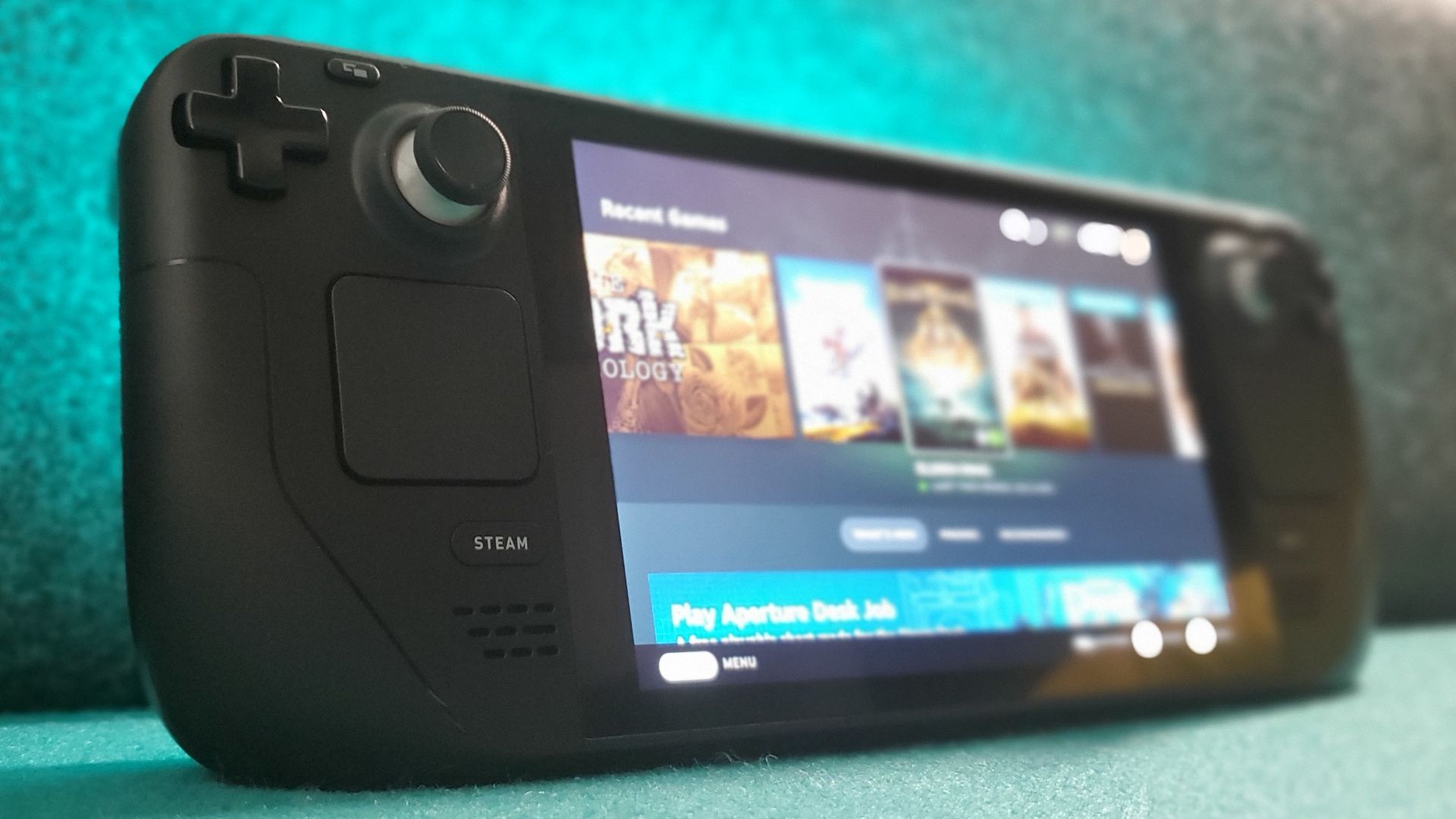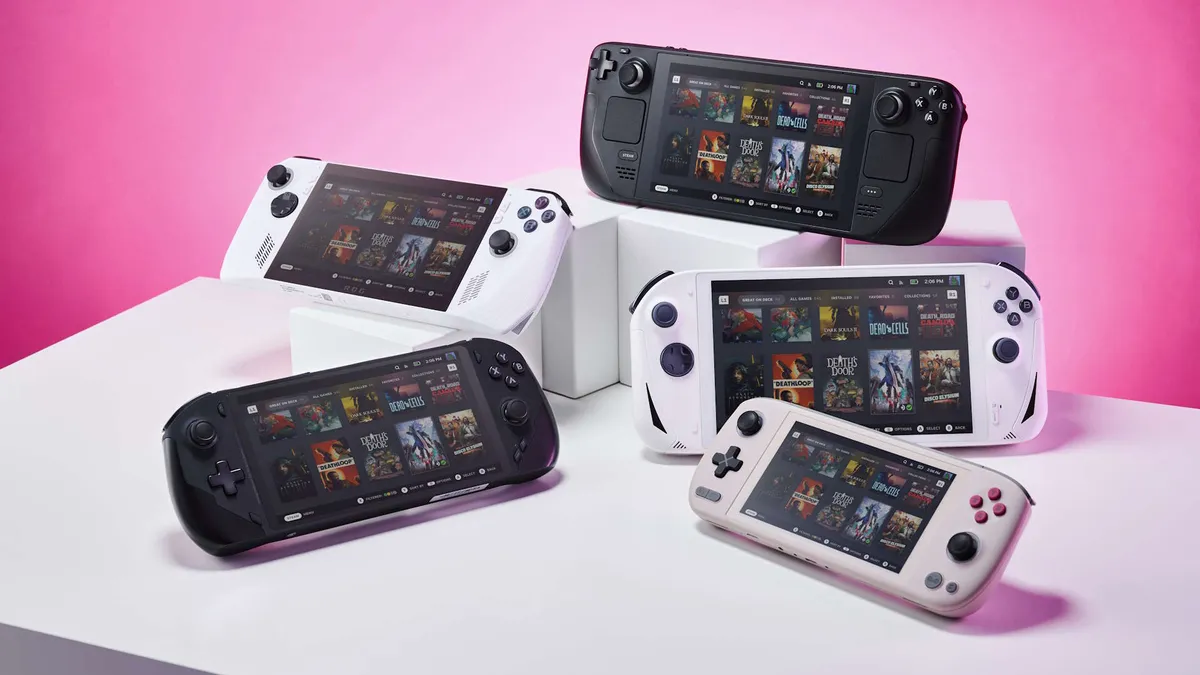LectureMaster
Or is it just one of Adam's balls in my throat?

The Steam Deck 2 doesn't need to happen because Valve will win either way (though I hope it does)
Valve is thinking of the Big Picture (literally).

The launch of the Steam Deck ushered handheld gaming PCs into the mainstream, and naturally, Steam is the gaming platform you will download first. Heroic makes the Epic Game Store a bit (or should I say 'a lot'?) nicer but it's not as good or as popular as Valve's storefront.
Not only is Lenovo working on a Steam OS handheld with support from Valve but Asus is too. However, putting Steam OS on handheld gaming PCs doesn't feel like the final play for Valve at the end of the day. It's an option for devices, and getting out-of-the-box support without having to fiddle with any settings is certainly a nice option.
To understand what Valve is really doing here, you have to think of the big picture. I don't mean that metaphorically, I'm talking about Big Picture mode, Valve's interface intended to make controller navigation easier. Big Picture has gotten much better over the last few years, with cleaner and more specific search tools, a UI overhaul, and an easier-to-navigate storefront. Even Windows handhelds can function like a Steam OS handheld if you set Steam to automatically open Big Picture mode when you turn it on. It takes a little longer to boot up than a Steam OS native device but it's a very similar end experience once you do.
With the Steam Deck, Valve did two major things that will centre Steam at the front of the handheld PC conversation. First, as a proof of concept in the field, the Steam Deck proved that handheld gaming PCs are worth your time and money. There's a reason so many major companies followed suit after the successful launch of Steam Deck. It's likely that these companies were already exploring how to make it happen, and the release of more advanced APUs certainly helped but the near-instantaneous popularity of the Steam Deck showed potential developers that it's worth the resources necessary to develop devices.
Secondly, making Steam as accessible as possible by removing almost all barriers to entry with its software meant that you never had to choose between Steam or Windows. The same is true of Steam OS. Opening it up to a broader market gives users the option to choose how they play. Valve has become ubiquitous with handheld gaming PCs and, as a result, it has already won.
The Steam Deck 2 could be a bit of a risk if not considered properly. The market has gotten bigger and much more impressive since 2022. The Steam Deck 2 being a smooth experience with good ergonomics isn't a nice surprise as a first attempt like the first machine, it's the bare minimum. And now, as plenty of big players like Asus and Lenovo get to the market, the Steam Deck 2 needs to outperform or outprice its competition by a great enough margin to convince prospective buyers to pick it up.
The Steam Deck's success made handheld PC gaming relevant, and Valve never really needs to put out the Steam Deck 2 to continue benefiting from its role in the market, even though I really want one anyway. The market saw a shakeup right after the launch of the Steam Deck and there's room to do the same with the second one, whatever form that may take. Maybe give us Half-Life 3 first though.
[/hr]


